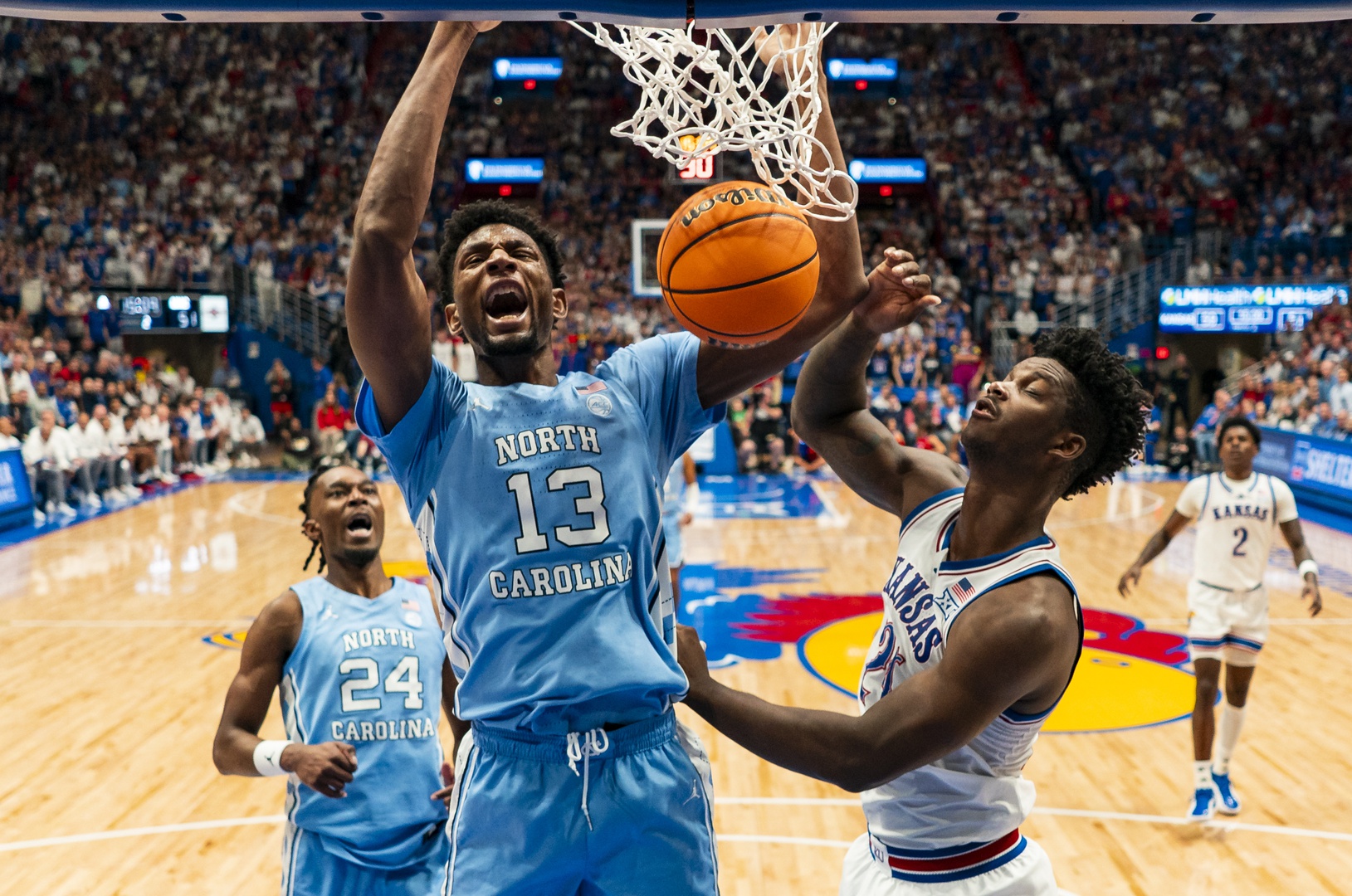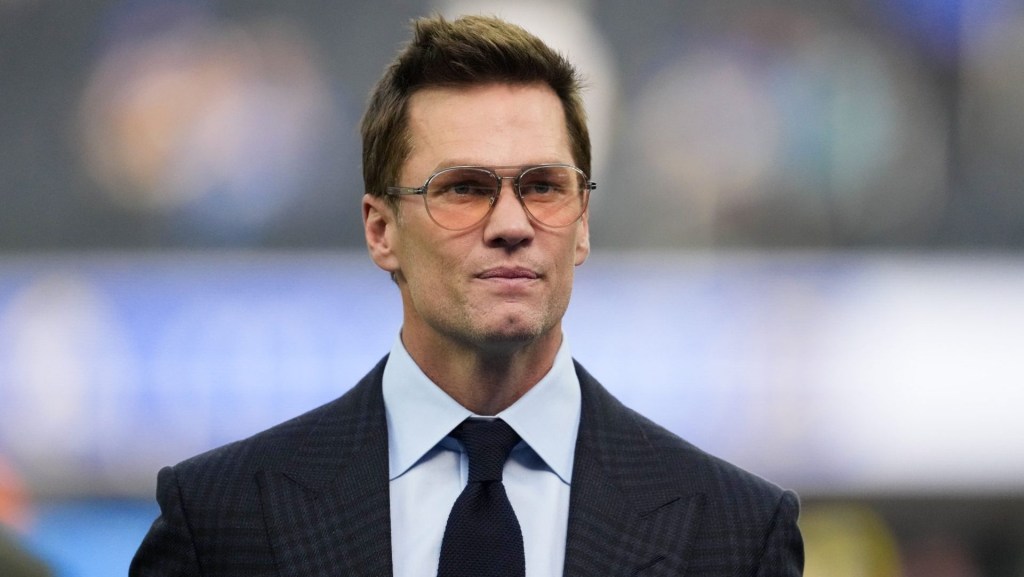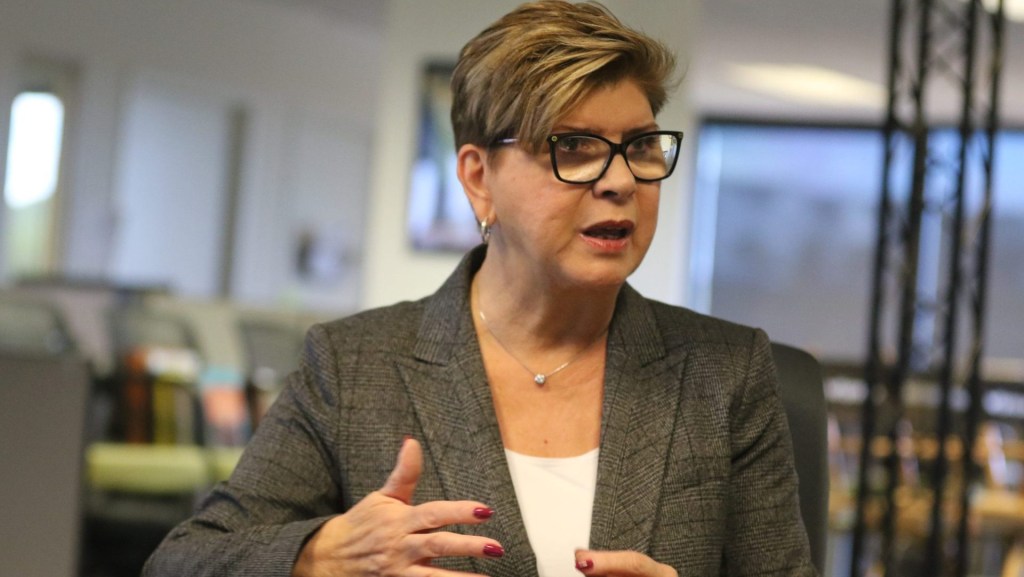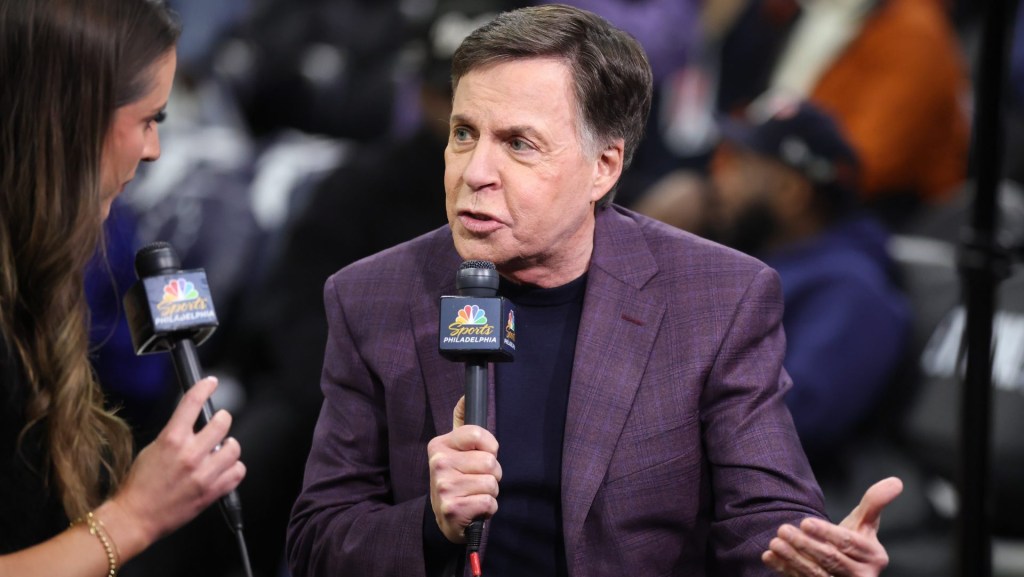If the House v. NCAA settlement receives final approval in April, all Division I schools will be allowed to share revenue with players for the first time in history. Beginning in 2025, schools can pay up to about $22 million total to all of the athletes in their departments, and all power conference schools, as well as some others, are expected to participate.
But with revenue-sharing just a year away, schools are scrambling to figure out how to fund these payments—despite the fact they rake in well over $100 million, and in some cases more than $200 million, per year.
In October, the NCAA, one of the named defendants in the lawsuit, sent a brief FAQ to schools to explain the new rules set by the settlement. But the document, reviewed by Front Office Sports, did not provide guidance on how schools will pay for the revenue-sharing. The five former Power 5 conferences, as the other named defendants, have begun discussions about finding new revenue opportunities for their schools—but many are taking the view into their own hands.
Many have begun soliciting donations from fans and alumni by reminding them the revenue-sharing program is looming. Others, like Ohio State, are considering more corporate sponsorships, including naming rights and jersey patch sponsors.
But so far, the most popular idea appears to be adding fees to football game-day expenses.
In September, the University of Tennessee’s athletic department announced it will begin implementing a 10% “talent fee” on all football tickets. The increases apply to every ticket purchase, regardless of price, and include both single-game tickets and season-ticket purchases for the seven home games per season. Student tickets will get more expensive, too, going from $20 to $25 next season. In all, athletic director Danny White expects to raise $10 million per year—close to half of the House revenue payments.
Arkansas has already begun charging a 3% fee on all football home-game concessions.
Fees for existing products are just the beginning. In November, UNC’s athletic department began selling alcoholic beverages, including beer and wine, at men’s and women’s basketball games and other sporting events taking place in Carmichael Arena. (The NCAA prohibited alcohol sales at championship events until 2018, and both the governing body and conferences have loosened alcohol bans in recent years to allow for the majority of power conference athletic departments to sell beer and wine at football games and other events.)
The sales will provide “a key financial stream as we prepare for revenue-sharing with student-athletes,” athletic director Bubba Cunningham said in the announcement.
Some schools aren’t even sure they’ll be participating in the revenue-sharing agreement. The settlement allows any school in D-I to participate in revenue-sharing, and it’s the expectation all power conference schools will do so to maintain competitive relevance in recruiting. But athletic departments outside the existing Power 4 conferences, whose budgets in many cases don’t come close to nine figures, aren’t sure in many cases. They’ve begun to explore whether they can or should opt in to the agreement to stay relevant. Big East schools, for example, are considering how to participate in revenue-sharing, Big East commissioner Val Ackerman told FOS in October.
Others have already committed to the plan. In October, Boise State athletic director Jeramiah Dickey penned a letter to fans confirming that the Broncos would participate in revenue-sharing, and that the school would begin preparing both with in-house initiatives and fundraising calls. (Boise State will join the Pac-12 in 2026.)
“We will continue to compete at the highest level of collegiate athletics,” Dickey said, “and revenue sharing is a key component of that going forward.”







![[Subscription Customers Only] Jun 15, 2025; Seattle, Washington, USA; Botafogo owner John Textor inside the stadium before the match during a group stage match of the 2025 FIFA Club World Cup at Lumen Field.](https://frontofficesports.com/wp-content/uploads/2026/02/USATSI_26465842_168416386_lowres-scaled.jpg?quality=100&w=1024)
![[Subscription Customers Only] Jul 13, 2025; East Rutherford, New Jersey, USA; Chelsea FC midfielder Cole Palmer (10) celebrates winning the final of the 2025 FIFA Club World Cup at MetLife Stadium](https://frontofficesports.com/wp-content/uploads/2026/02/USATSI_26636703-scaled-e1770932227605.jpg?quality=100&w=1024)








